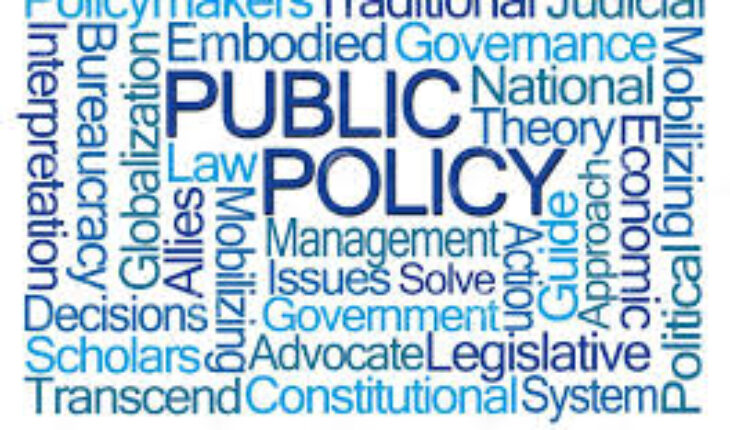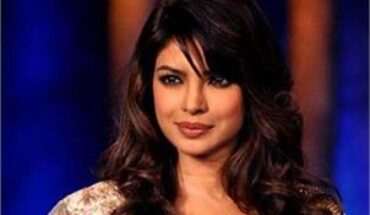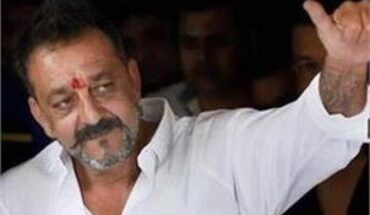
Alok Kumar Jha- Alumni, IIM Calcutta (Public Policy Management)
To be united as state, to be united as One Nation seeks great intelligence, which means not limited to boundaries of caste. We are born unique but divide by redistributive policy populism. There exist crisis to channel public resources. During Indira Gandhi period it was development skewed from western model, more of socialism and her slogan for alleviate poverty and then the cast class factor slowly fermenting the roots of unity of country.
The demand exist to address skilled labour issue, to prepare skill set for existing and future infrastructure that will take new shape as dynamic process, since we have industrial policy space to be filled with new dimension of skills. Trade policy chaos is the platform, every new economic or political order emerges from chaos. The dilemma is that our political party “Eureka “ for all solutions embedded in caste census. Right policy and effective redistribution policy inclusive all is warmly accepted but the secret is not in weaponizing the caste survey. The narratives negatively retards the inquisitive mind ,a mind which is unique and born in every caste. The search for predictive statistics of caste and class barrier and economic development as an outcomes may be partially dependent and to organize rural India political party need to take stand for cohesive political approach and effective bureaucracy.
Fragmenting state authority structure, ignoring what is needed, creating political space where industry can be established is to be celebrated. To buy political support, we have in the past seen how state resources were used as tools, policy that lead to bad outcome in long term, the damage leads to deteriorate public enterprise where merit lost between the reservation and brain drain.
There cannot be further shore unless we stop blaming the past, not learning the how fragmented mind have reserved our national progress in quotas. For development to happen the answer needs to be developed, considering many independent variable and sentiment analysis as well.
Broader the social base the more effective at reducing the poverty and that brings cohesion. The State’s role and interlocked cast and class fragmentation we have gone though many evidences and its impact other than the reserved seats ,quotas. The broader issue is cast conflict,rise of subcast conflicts.
We have seen the friction within the cast, with other cast, friction of lower cast to improve their status within communities which lead to occasional disturbances.
Cast Survey-Political Vaccum: What is seeked through the cast census is the elite political gain,rise in populism for the governmental patronage, there is always been a shift instability ,power struggle. Opportinuty available, political vaccum within this cast census, to seek power and to establish new populism who ever gains. We can see the pattern of the political battle now clearly drawn.
Cast census cannot be the model with exponentially growing population, we need right policy framework in broad perspective which includes the outcome of cast census and reduce inequality and balances socio economic factors and to be cautious of broader civil disorder, to understand in right manner, it must not be perceived as new Laissez-Fair.
The competing political parties struggle to gain power or the party to remain in power ,though the narrative earlier may not be same, but the cast census consent factor associated, may be impulsive for them to be followed, after all every vote is important. Hence all party now, have same spirit. Disintegration of the state and the growing socio-economic conflict are partially independent processes that have combined to produce a crisis of governability in Bihar.[Atul Kohli, “ Democracy and Development in India”,page286]
Political history have shown the changing caste composition of the Gujarat legislative assembly between 1960 and 1980, indicates change in power positions of various Gujarati communities [Atul Kohli, “Democracy and Development in India”,page293].
Not matter which group aligned with which parties: We have seen the trends, how higher castes slowly began to lose and some managed to maintain their dominance. When party objective is to gain seat their ideology hardly matters. The previous excluded parties may join others or join nearest cast party, shifting coalitions and alignments has happened. Do we need growing political fragmentation of cast? Do we need old game of vote bank, new competitive populism? To command lower, the pattern of battle is clearly drawn.
Political conflict influencing public opinion, paralleling the political instability at the national level. Political Leaders must gain responsible approach to this aspect. We have seen the cast violence directed against a segment of the castes, increase bitterness and threat and finally social split. If Cast census is for the benefit of deprived ones, to eliminate social ostracism, foster solidarity among different sections of the cast community ,it must not be weaponized as reservation agenda and must be reviewed in context to economic stratification , who actually are economically downtrodden.
How to understand cast is complex and to study it in context to regional diversity.1931 Cast survey was just an indicator, what we need is to include social scientist ,collaborative approach to conduct such sensitive and complex task under their supervision and having no political influence on it. The exact cast composition certainly varies from village to village. Stratification in context to rural society has steep stratification on static divergence of class, status & power which have close intersection. We have the challenge of cast enumeration, reconciliation of cast name to linguistic and regional diversities.
Step Ahead Electoral Benefit: With recent cast survey conducted in the Telengana and what we read it as some party says it as non-transparent and politically diluted. There must be transparent and all inclusive research team in broad manner to conduct the survey. If the survey data has bias elements,then it is bound to impact the hypothesis negatively.
In context to economic stratification new study to be conducted to find whether census data have high degree of association with economic stratification in context to rural India. There is a demand to eliminate economically better off sections from reservation quotas and go ahead for subcategorization. Cast grouping still perceived to be the determinant of social system and political as well.
It should be one of the mechanism to correctly study the proportion of inequality which exist and how to connect to economic stratification. To study families who hold disproportionate share of land ,having additional sources of inherited wealth which often not picked up in census data. To study multiple job holders which underestimate inequality involved.
To identify how closely cast intersect with economic stratification. Cast have historically been associated with occupation and in today’s context new research to be established with rapid increase in non- agriculture job, changing occupation and migration of labor class.






